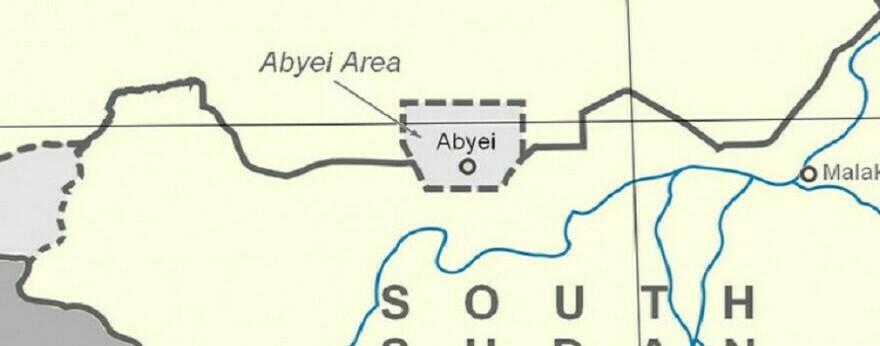Senior officials in the Abyei area said that the lack of budget to support food production and unrest at the southern borders is to blame for poor food production in the area.
Deng Goc, the Director General of Abyei’s Ministry of Agriculture, told Radio Tamazuj that there was no budget to purchase farm tools and that delays by partners in distributing seeds to farmers were other challenges to their efforts to increase food production.
He said insecurity had caused farmers to panic in addition to an outbreak of fall armyworms, which destroyed the farms in the last cultivation year.
“The Ministry of Agriculture is faced with a lack of budget to support farmers, and this is one of the challenges facing us. So, the preparation is not in place due to lack of budget to purchase tractors’ spare parts and fuel,” he said.
Goc pointed out that the policy of partners of distributing seeds late led to poor harvests last year because it made it difficult for farmers to prepare well amidst the economic hardship facing households.
“Last year, farms were destroyed by the fall armyworm, making it difficult for farmers to store seeds, so this has contributed to challenges,” he said.
“According to the partners’ policy, seeds will be distributed to families in June, and our farmers will not be ready at that time because of the delays, as rain starts in April,” he added.
Goc said the tractors, which were purchased by President Kiir, were grounded due to a lack of spare parts, and some were burnt in Rumamer areas during the conflict.
He urged Abyei residents to resort to growing other food crops, which are resistant to diseases, drought and too much rain.
Meanwhile, Ayuel Kiir, Commissioner of Rumamer County, said that there is relative calm, and that will not stop farmers from tilling their farms.
“Rumamer primary schools have yet to open; only schools in Awalnhom and Agok are functioning. Some farmers returned to their houses and they will be planting crops unless there is insecurity and other natural disasters,” he concluded.




